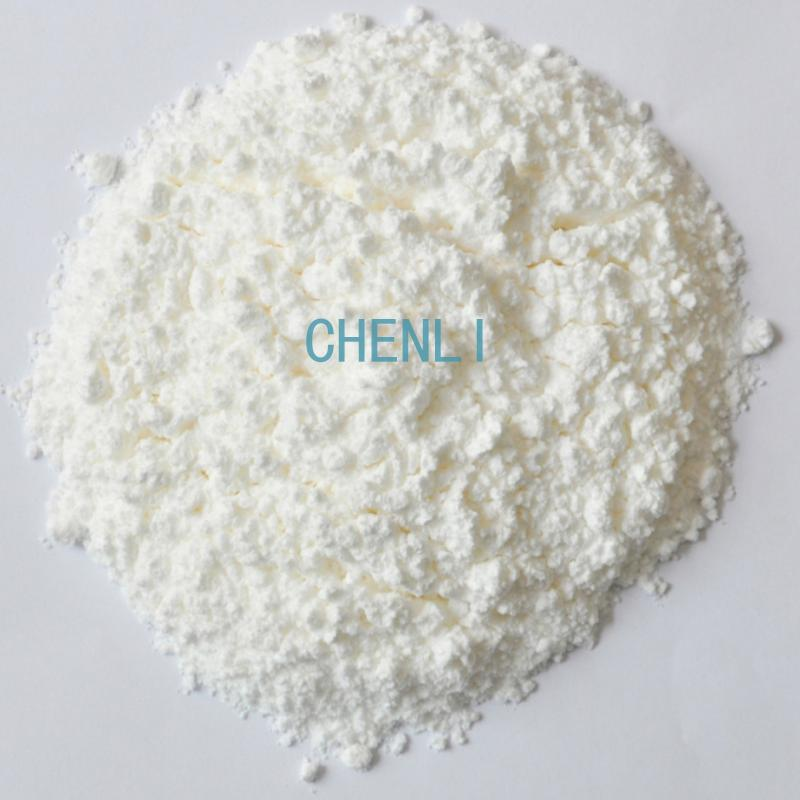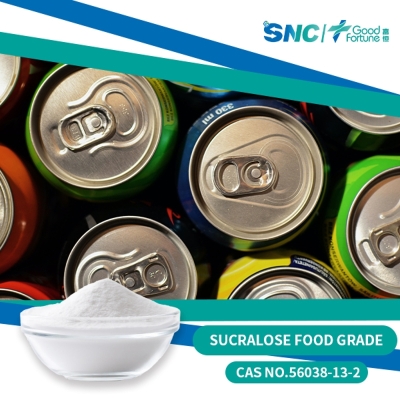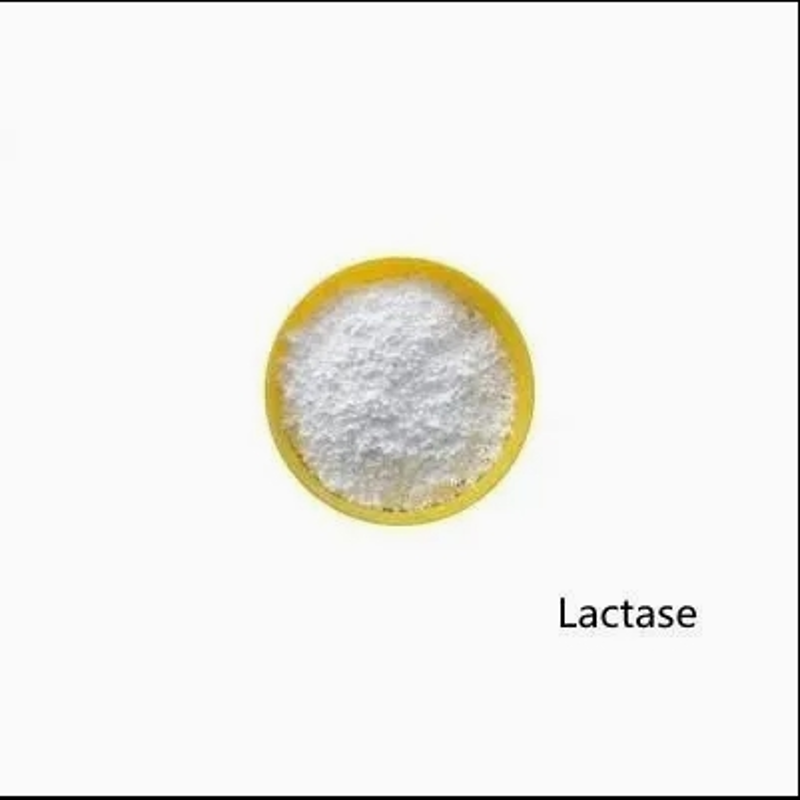-
Categories
-
Pharmaceutical Intermediates
-
Active Pharmaceutical Ingredients
-
Food Additives
- Industrial Coatings
- Agrochemicals
- Dyes and Pigments
- Surfactant
- Flavors and Fragrances
- Chemical Reagents
- Catalyst and Auxiliary
- Natural Products
- Inorganic Chemistry
-
Organic Chemistry
-
Biochemical Engineering
- Analytical Chemistry
-
Cosmetic Ingredient
- Water Treatment Chemical
-
Pharmaceutical Intermediates
Promotion
ECHEMI Mall
Wholesale
Weekly Price
Exhibition
News
-
Trade Service
The European Food Safety Authority
EFSA
said on
10
that aspartas and its decomposition products are safe for consumers at current intake levels.
EFSA
panel of experts concluded that aspartas sweetener, a synthetic sweetener, currently allows daily intake (
A.D.I
) of
40
mg per kilogram of body weight.
"
risk assessment is one of the most comprehensive in history for aspartico, said
Alicja Mortensen
, chairman of the European Food Safety Authority's Expert Group on Food Additives and Nutritional Sources.
”Aspartas is one of the topics of concern in the United States. According to an article in
Wall Street journal
December , the use of synthetic sweeteners may affect sales of low-calorie soft drinks. Statistics cited in this article show that in-store sales of low- and zero-calorie beverages fell
6.8
% in dollar terms in the
52
weeks to
11
and
23
.petition asking the U.S. Food and Drug Administration to update the list of additives allowed in milk, including zero-calorie sweeteners, has met with opposition;the original report, previous assessment reports, and other literature and data from the European Food Safety Authority team. During the publicity period of the draft opinion
( January
9
to
2
and
15
, 2013), the European Food Safety Authority received more than
200,
relevant feedbacks.review ruled out the risk of damage to genes and cancer, while the European Food Safety Authority concluded that aspartass does not damage the brain, nervous system and the behavioral or cognitive function of adults or children.The European Food Safety Authority also tested three decomposition products of aspartastin: phenylalanine, methanol and tyrosine. They concluded that the presence of decomposition products in the overall diet was low., an amino acid that forms proteins in many foods, is toxic at high levels. Methanol is released by fruits and vegetables and is present in the human body. Too much exposure can be toxic, such as eating too much household distilled liquor. Winterline is a common amino acid in proteins that can be converted into the neurotransmitter glutamate in the human body. High levels of glutamate can damage the nervous system.







